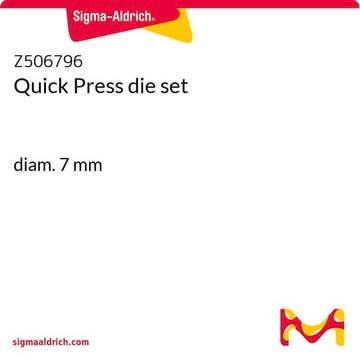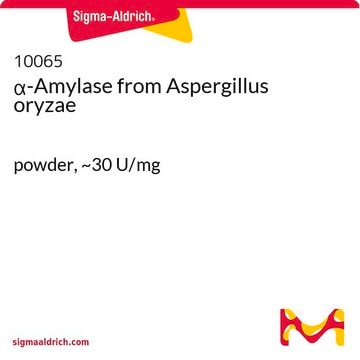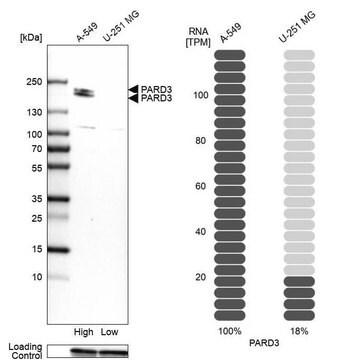MABD45
Anti-DDPIV/CD26 Antibody, clone 9F1.2
clone 9F1.2, from mouse
Synonym(s):
Dipeptidyl peptidase 4, ADABP, Adenosine deaminase complexing protein 2, ADCP-2, Dipeptidyl peptidase IV, DPP IV, T-cell activation antigen CD26, TP103, CD26, Dipeptidyl peptidase 4 membrane form, Dipeptidyl peptidase IV membrane form, Dipeptidyl peptida
About This Item
Recommended Products
biological source
mouse
Quality Level
antibody form
purified immunoglobulin
antibody product type
primary antibodies
clone
9F1.2, monoclonal
species reactivity
human
technique(s)
western blot: suitable
isotype
IgG2aκ
NCBI accession no.
UniProt accession no.
shipped in
wet ice
target post-translational modification
unmodified
Gene Information
human ... DPP4(1803)
General description
Specificity
Immunogen
Application
Stem Cell Research
Endothelial Stem Cells
Quality
Western Blotting Analysis: 2.0 µg/mL of this antibody detected DDPIV/CD26 in 10 µg of PC3 cell lysate.
Target description
Physical form
Storage and Stability
Other Notes
Disclaimer
Not finding the right product?
Try our Product Selector Tool.
Storage Class Code
12 - Non Combustible Liquids
WGK
WGK 1
Flash Point(F)
Not applicable
Flash Point(C)
Not applicable
Certificates of Analysis (COA)
Search for Certificates of Analysis (COA) by entering the products Lot/Batch Number. Lot and Batch Numbers can be found on a product’s label following the words ‘Lot’ or ‘Batch’.
Already Own This Product?
Find documentation for the products that you have recently purchased in the Document Library.
Our team of scientists has experience in all areas of research including Life Science, Material Science, Chemical Synthesis, Chromatography, Analytical and many others.
Contact Technical Service







